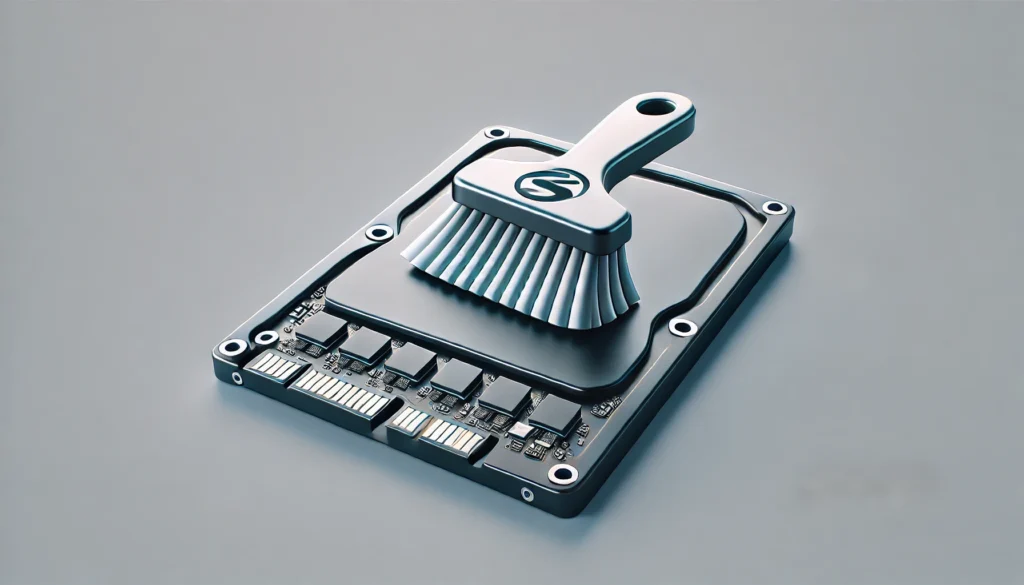Due to numerous customer enquiries about the differences between solid-state drives (SSDs) and hard disc drives (HDDs), we have decided to describe this topic briefly but in detail. With the help of this article, we would like to help you find the best storage solution for your requirements.
What are HDD and SSD?
Hard Disk Drives (HDDs) are conventional storage devices that store data magnetically on discs. They have been in use for many years and are known for their large storage capacity and favourable prices. It remains to be seen whether this will remain the case in the future.
In contrast, solid-state drives (SSDs) store data on flash memory chips. Thanks to the lack of moving parts, they are faster and more resistant to physical damage. The prices for this type of memory have fallen significantly in recent years.
Speed
The speed of HDDs and SSDs is one of the most important differences. SSDs can provide faster read and write speeds than HDDs, resulting in shorter boot times, faster file transfers and overall better performance. SSDs are the perfect choice for applications that rely on fast access and high data transfer rates.
Durability and reliability
Due to their design, SSDs are more robust and reliable than HDDs. These contain mechanical components that can lead to data loss in the event of physical impact, such as the laptop being dropped during operation.
Capacity and price
HDDs definitely score highly in terms of storage capacity. They generally offer more storage space at a lower cost per gigabyte than SSDs. So if you need a lot of storage space and have a limited budget, an HDD might be the better option.
In practice, we often use a combination of both types. For example, a customer who carries out extensive video productions opted for three 20-terabyte HDDs and two different 2-terabyte M.2 SSDs. The completed projects are stored on the HDDs and serve as an archive, while the SSDs are used for active editing.
Energy consumption
SSDs consume less energy than HDDs, as no mechanical parts need to be moved. This results in longer battery life for laptops and less heat generation, which in turn can extend the service life of the devices.
Loudness
As SSDs do not contain any moving parts that could generate noise, they operate almost silently. In contrast, HDDs can cause operating noise as well as vibrations on the housing due to the rotating discs and the movement of the read head.
Conclusion
Whether you choose an HDD or SSD should ultimately depend on your specific requirements. SSDs offer superior speed, durability and energy efficiency, making them ideal for users who prioritise performance and reliability.
HDDs, on the other hand, are still a cost-effective solution for users who need to store large amounts of data without breaking the bank. Regardless of your choice, it is important to choose a storage solution that meets your needs and offers you the best long-term benefits.
Do you have an idea of a storage solution that meets your requirements and budget? Do not hesitate to contact us. Our experts are ready to give you personalised advice to help you decide between HDD and SSD. Simply contact us at +352 28 99 37 49 and start your journey to a more effective and reliable storage of your data!




